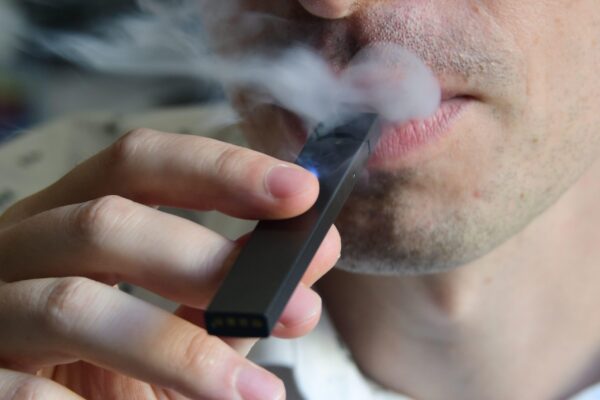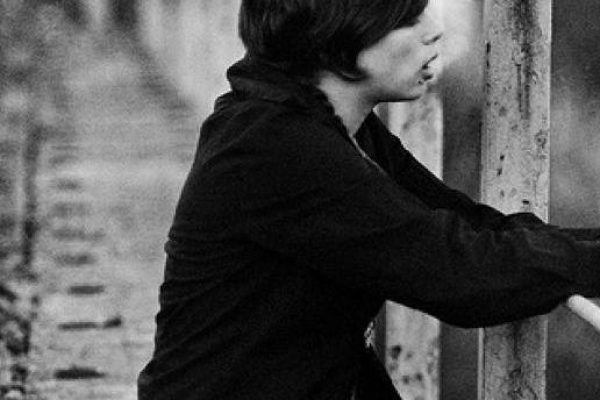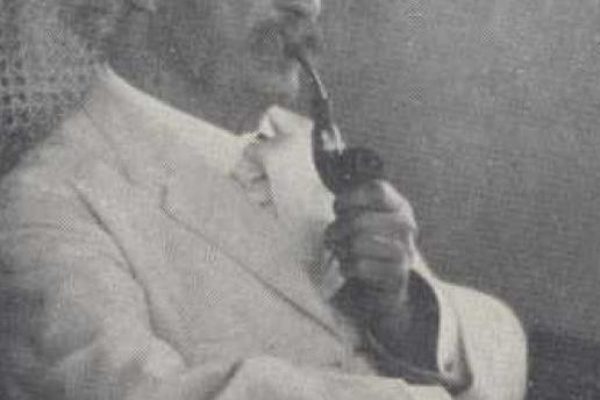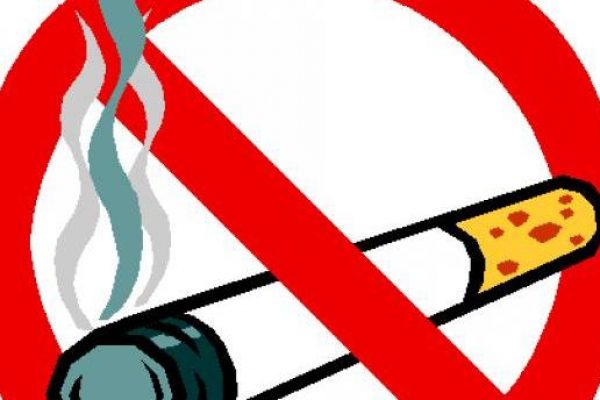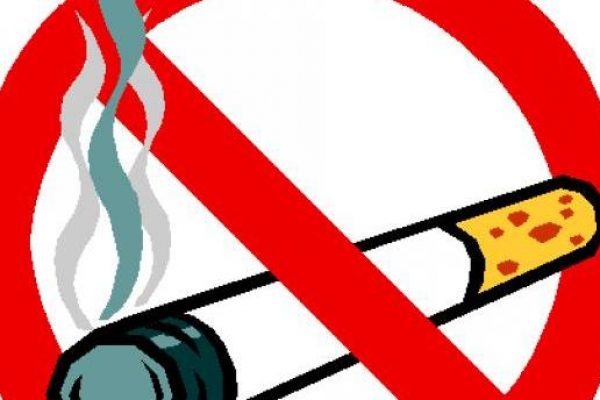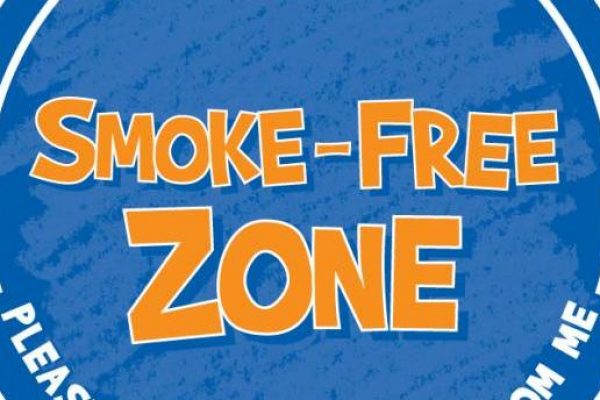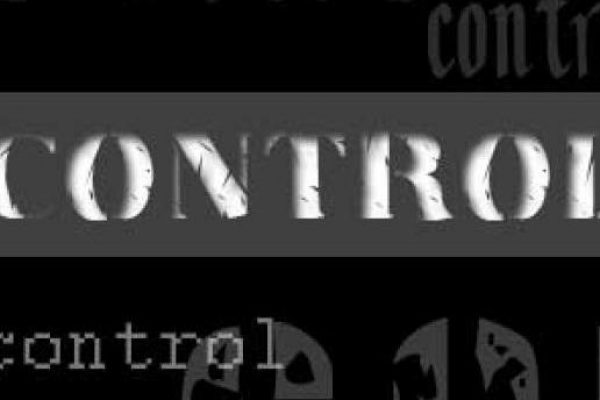Only on Hush
Unlocking the Keto Craze: A Beginner’s Guide for 2025

Unlocking the Keto Craze: A Beginners Guide for 2025
In a world where diet trends rise and fall like the tides, the keto diet has surged to the forefront, capturing the attention of health enthusiasts and casual eaters alike. As we step into 2025, this low-carb, high-fat approach continues to inspire millions seeking weight loss, increased energy, and enhanced mental clarity.
But what exactly makes keto so appealing? Is it just another passing fad, or does it offer a sustainable path to better health?
In this comprehensive guide, we’ll unlock the secrets of the keto lifestyle, explore its foundational principles, and equip you with the essential knowledge to navigate its intricacies. Whether you're a curious newcomer or revisiting keto with fresh insights, join us as we demystify the ketogenic journey and share practical tips for lasting success.
Your adventure into a world of flavorful meals, creative recipes, and a supportive community starts now!
Understanding the Keto Diet Fundamentals for 2025
The ketogenic diet, or keto for short, is based on significantly reducing carbohydrate intake while increasing fat consumption. This shift pushes the body into a metabolic state known as ketosis, where it becomes highly efficient at burning fat for energy. Beyond weight loss, keto can enhance energy levels, boost mental clarity, and improve overall health.
If you're starting your keto journey in 2025, here are the key macronutrient targets to keep in mind:
- Low Carbs: Keep carbohydrates to just 5-10% of your total daily calorie intake.
- High Fats: Aim for 70-80% of your daily calories from healthy fats like avocados, nuts, and olive oil.
- Moderate Proteins: Consume 20-25% of your calories from protein sources such as meat, dairy, and legumes.
Adjusting to keto takes time, and knowing which foods fit within these guidelines is crucial for long-term success. Tracking your macronutrient intake can help you make informed food choices. Here’s a quick overview of keto-friendly and non-keto-friendly foods:
| Keto-Friendly Foods | Foods to Avoid |
|---|---|
| leafy greens (spinach, kale) | Bread and pasta |
| Fats (butter, coconut oil) | Sugary foods (candies, desserts) |
| meat and fish | High-carb fruits (bananas, apples) |
Emphasizing whole, unprocessed foods while avoiding sugar-laden and high-carb items can make your transition into ketosis smoother. By sticking to these fundamentals, you’ll build a strong foundation to reap the benefits of keto in 2025 and beyond.

Navigating Food Choices: Essential Ingredients for Your Keto Journey
Embarking on a ketogenic diet can feel overwhelming at first, given the sheer number of food choices available. However, by focusing on a few essential ingredients, you can simplify meal planning and unleash your culinary creativity. Think of your kitchen as a canvas, with these ingredients as the colors that bring your meals to life.
Start with a variety of healthy fats—avocado oil, coconut oil, and grass-fed butter—which serve as the foundation of your dishes. Next, stock up on low-carb vegetables like spinach, zucchini, and broccoli to add texture and nutrients without the carb overload. Finally, include quality protein sources such as grass-fed beef, organic chicken, and fresh seafood to keep your meals satisfying and nutritionally balanced.
To make your keto journey even smoother, organize your pantry and fridge around these key components. Investing in the right seasonings can elevate even the simplest meals into gourmet experiences—staples like garlic powder, turmeric, and paprika add depth and flavor. Additionally, keeping keto-friendly snacks on hand can help curb cravings while keeping you on track.
Here’s a quick overview of essential ingredients to have readily available:
| Category | Examples |
|---|---|
| Healthy Fats | avocado oil, coconut oil, ghee |
| Low-Carb Vegetables | spinach, zucchini, cauliflower |
| Proteins | Eggs, chicken, fatty fish |
| Snacks | Nuts, cheese, beef jerky |
| Seasonings | Salt, pepper, olive oil |

Mastering Meal Prep: Tips and Tools for Successful Keto Living
To fully embrace the keto lifestyle, mastering meal prep is essential. Not only does it save time, but it also ensures you always have hearty, low-carb meals ready to go. Start by choosing a dedicated meal prep day each week—ideally when you have the most free time. Invest in high-quality, airtight containers that are portion-friendly and visually appealing, making it easier to grab a nutritious meal in an instant.
When planning your meals, focus on a balance of proteins, healthy fats, and non-starchy vegetables to keep things both satisfying and nutrient-dense. Here are some tips to streamline the process:
- Batch Cooking: Prepare larger quantities of keto staples like cauliflower rice or zucchini noodles and store them in portioned containers.
- Labeling: Mark each container with its contents and date to ensure meals are consumed while fresh.
- Recipe Rotation: Keep a rotating meal list to prevent boredom and explore new flavors.
Having the right tools can make meal prep effortless. A kitchen scale ensures precise portioning, especially for keto baking. A slow cooker or air fryer can simplify cooking meats and veggies while enhancing flavor. Additionally, using a meal prep app can help you track macros and discover new keto-friendly recipes.
Here’s a quick comparison of essential meal prep tools:
| Tool | Benefits |
|---|---|
| Meal Prep Containers | Easy storage and portioning; helps avoid food waste. |
| Kitchen Scale | Accurate measurement for macros; essential for baking. |
| Slow Cooker | Convenient, set-it-and-forget cooking for tender, flavorful meals. |
| Food Processor | Rapid chopping and mixing; perfect for making sauces and dough. |
Staying Motivated: Building a Sustainable Keto Lifestyle
Embracing a ketogenic lifestyle goes beyond simply cutting carbs—it’s about building lasting habits that prioritize your health and well-being. To stay motivated, set realistic goals and celebrate every small victory. Rather than viewing keto as a temporary challenge, approach it as a long-term lifestyle shift that introduces you to new foods and culinary techniques.
Engaging with the keto community, whether through social media or local groups, can provide invaluable support, recipe ideas, and motivation. Surrounding yourself with like-minded individuals helps you stay on track and navigate challenging days with ease. Additionally, establishing a meal prep routine can save time and ensure you always have keto-friendly options readily available.
Keep It Exciting with Variety
Eating the same meals repeatedly can lead to boredom, making even the most dedicated keto followers feel uninspired. Keep things fresh by experimenting with diverse recipes featuring ingredients like avocado, zucchini, and nuts. Try a weekly themed meal plan—such as international cuisines or seasonal produce—to make cooking exciting and enjoyable.
Tracking your meals and progress can also help maintain motivation. Consider using a simple table to highlight your favorite dishes alongside their macronutrient breakdown:
| Dish | Calories | Fat (g) | Protein (g) | Carbs (g) |
|---|---|---|---|---|
| Zucchini Noodles with Pesto | 250 | 20 | 8 | 5 |
| Avocado Egg Salad | 300 | 25 | 15 | 6 |
| Cheesy Cauliflower bake | 400 | 35 | 12 | 10 |
Integrating these tips into your ketogenic journey can help you maintain enthusiasm and build lasting, sustainable habits. Remember, the road to a successful keto lifestyle is a marathon, not a sprint—pace yourself and savor every bite along the way.
The Way Forward
In a world where dietary trends come and go, the keto craze remains a steadfast choice for those seeking a transformative approach to nutrition. As we’ve explored in this guide, embarking on a ketogenic journey in 2025 presents both exciting opportunities and unique challenges. Whether you’re drawn to keto for weight loss, enhanced energy, or the sheer joy of low-carb culinary creativity, the keys to success are well within your reach.
The keto landscape continues to evolve, offering new recipes, innovative products, and a thriving community to support your journey. But remember—every person’s path is unique. Listen to your body, stay informed, and don’t be afraid to adjust your approach as needed.
As you stand on the cusp of this nutritional adventure, armed with insights from this guide, embrace keto with an open mind and a willing heart. Here’s to unlocking your potential, one delicious bite at a time.
Welcome to a lifestyle that goes beyond just what’s on your plate—it might just redefine how you feel about food itself.
Happy keto-ing! 🚀
Choosing the Way You Die

How would you like to die?
Would you like to die rich, fighting for every breath while tethered to every conceivable life support system in the medical world? You are surrounded by lawyers, accountants, relatives, and heck, even distant relatives wishing that you would either pass or not. Or would you like to die a poor man, with not a single cent to your name, with only four or five family members attending your funeral? The cheap white casket gleams with the 15 watt fluorescent bulb at the sides, while daisies and mums adorn your surroundings. Guests are served $10 biscuits.
Danny, don't write about this, nobody in the nine hells cares or wishes to read something negative, something utterly dark and forlorn, something that most people would rather like to delude themselves about or pretend to not exist. As I prevent my fingers from doing their dreary dance on the keyboard, I am reminded that the whole point of trying to quit smoking is to try and stop myself from dying. Every puff, every breath, and every stick is a dreary number deducted from the total I will have. Be it thirty-two years, forty, fifty or god forbid 90 years, I am going to die one day. With smoking, that death becomes more painful for me and my family. But open your mind and think about this for a while: who really knows how they're going to die or when?
Save for those who end their lives prematurely, nobody does. It is something beyond our control even with the most stringent of measures applied. Even legendary visionaries in the known world have no control over this phenomenon of mortality. How did Steve Jobs die? Pancreatic cancer. Did he have the means to prevent it? Maybe yes, maybe no. He certainly had the wherewithal to make the event at least comfortable. There are no accounts to indicate that he was a smoker, drinker, or that he suffered from any other terminal addictions. Some even say he was a fruitarian. But he did die of the dreaded disease nonetheless. The argument is weak, I know. And if we put science into the equation, we know that it's just a matter of statistical probability. Our circumstances, habits, environment and genes all play a role in something that we cannot really factor in. At least, not just yet.
So why should we stop smoking if we are going to die nonetheless?





